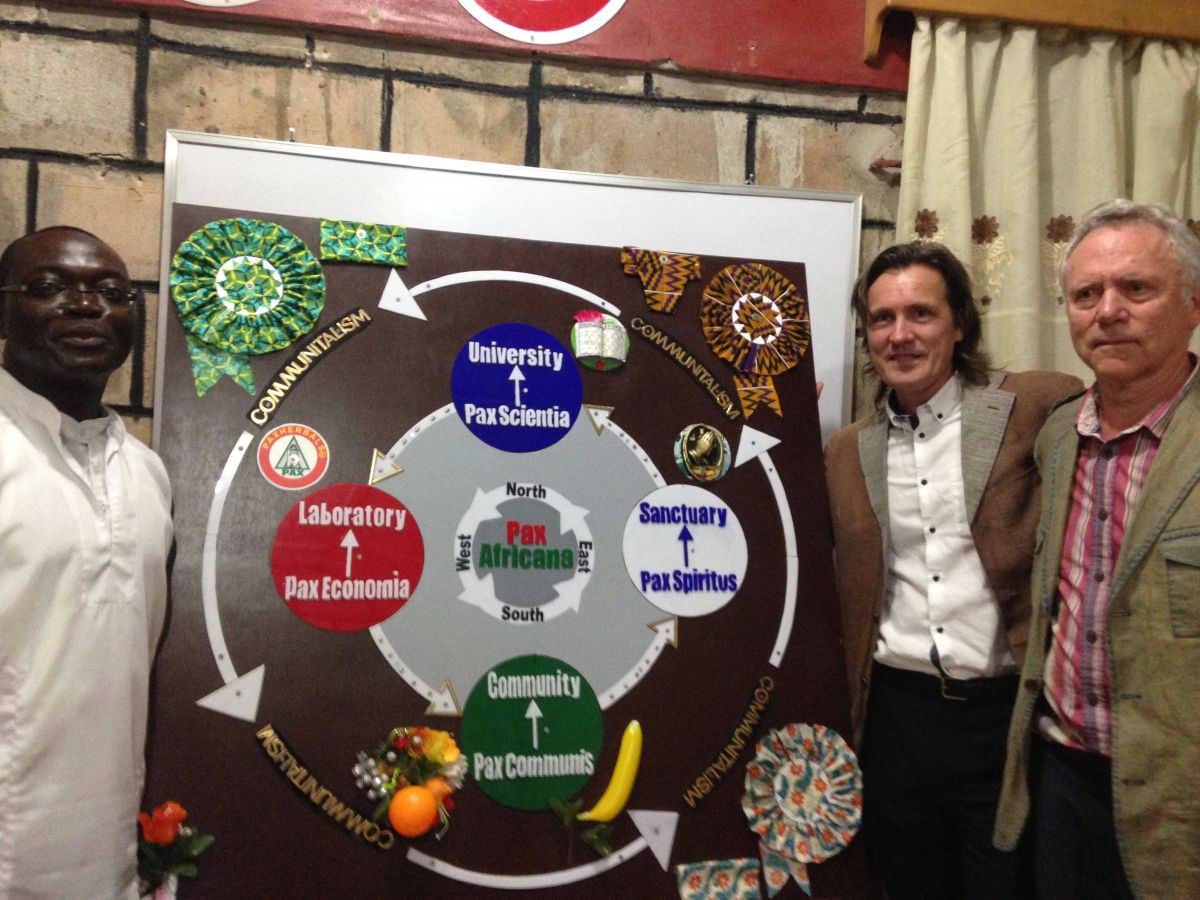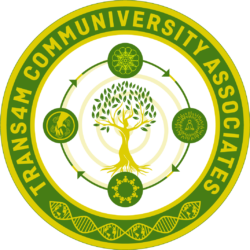
- Home
- A UNIQUE RESEARCH ACADEMY IN NIGERIA
- admin
- 0 Comments
- August 8, 2022

A LOOK AT NIGERIA’S EDUCATIONAL SYSTEM: A POST-WORKSHOP REFLECTION
By Fr. Anselm Adodo
It was an unusual gathering of University professors, heads of Department from various Universities and many PhDs. Scholars, thinkers, political activists, politicians and Students from various Nigerian Universities were there. The Deputy Speaker of Lagos State House of Assembly was there to represent the Lagos Government. Many other government officials were there.
The date was January 17, 2019. The event was a workshop on the ‘Place of African Indigenous Knowledge in the global knowledge system’, organised by ‘Ofure (Pax) Integral Research and Development Initiative’ (OFIRDI), and ‘African Action Research Community’ (AARC), both initiated by Paxherbals.
The key questions were: Is there any hope for education in Nigeria? How relevant is university education to our society’s development? If our educational system is useful, how come unemployment is increasing, the poverty level is rising, and development is still a pipe dream? Why must people go to school then?
The students are bored to death. They hate going to class. However, they must pretend to be good students, so that they can acquire the all-important certificate, which they are made to believe will launch them into a better world, the corporate world of white-collar jobs.
That certificate is the magic wand to rescue them from the poverty of their parents. They are expected to adopt the dress codes and research methodology of their academic disciplines, as a mark of induction into the new academic community; the Ivory Tower community.
They know that what they are being taught in school is based on another people’s worldview. But learn it they must, if ‘rich’, ‘successful’ and ‘educated’ they must be. The teachers copy from lecture notes which they inherited from their teachers who inherited them from their own teachers and who in turn inherited them from their own teachers.
The teachers are still teaching students of today using methodologies that were developed to solve the problems of 50 years ago.
At the Lagos workshop, the participants asked: How did we get here? What went wrong? How do we solve the problem? Some said the system is too broken to be repaired. That it must be destroyed before it can be rebuilt.
But how possible is that? Is that not merely wishful thinking? Why is the African educational system not built on our indigenous knowledge, worldview and culture? Since we inherited a faulty educational system, why couldn’t we change it?
That is the crux of the problem. You cannot change what you do not understand. First, you must understand, then re-interpret, and then change. To change a world, you must first re-interpret it.
The African Action Research Community, initiated by TCA co-director, aims to evolve into an Integral Research academy, in and for Africa, grounding in the Nigeria context, to research Africa with African eyes.


Leave a Comment